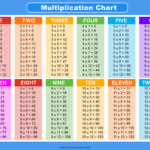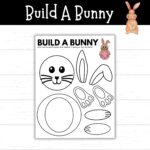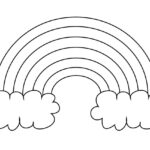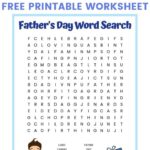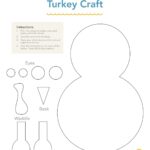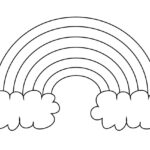Are you looking for a fun and engaging way to help your kids learn? Look no further than printable worksheets! These handy resources are perfect for parents and teachers alike, offering a wide range of activities to keep children entertained while they learn.
From math and reading to science and art, there’s a printable worksheet for every subject and age group. Whether you’re teaching preschoolers their ABCs or helping high schoolers with algebra, these worksheets are a fantastic tool to have in your arsenal.
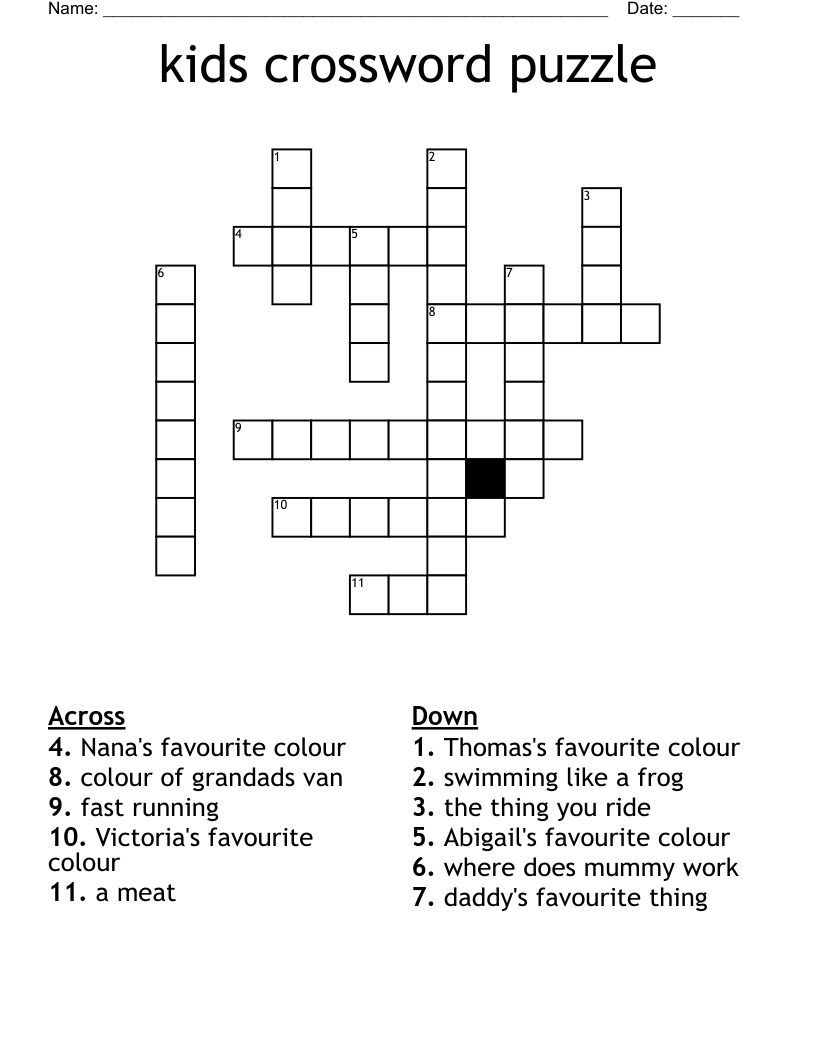
kids crossword puzzles printable
kids crossword puzzles printable
One popular option for printable worksheets is kids crossword puzzles. Not only are they a great way to build vocabulary and problem-solving skills, but they’re also a lot of fun! Your little ones will love the challenge of figuring out the clues and filling in the blanks to complete the puzzle.
With printable worksheets, you can easily tailor the activities to suit your child’s individual needs and interests. Plus, they’re a convenient option for on-the-go learning – simply print them out and take them with you wherever you go!
So why not give printable worksheets a try today? Whether you’re looking to supplement your child’s education or simply keep them entertained on a rainy day, these resources are sure to be a hit. Get printing and let the learning begin!
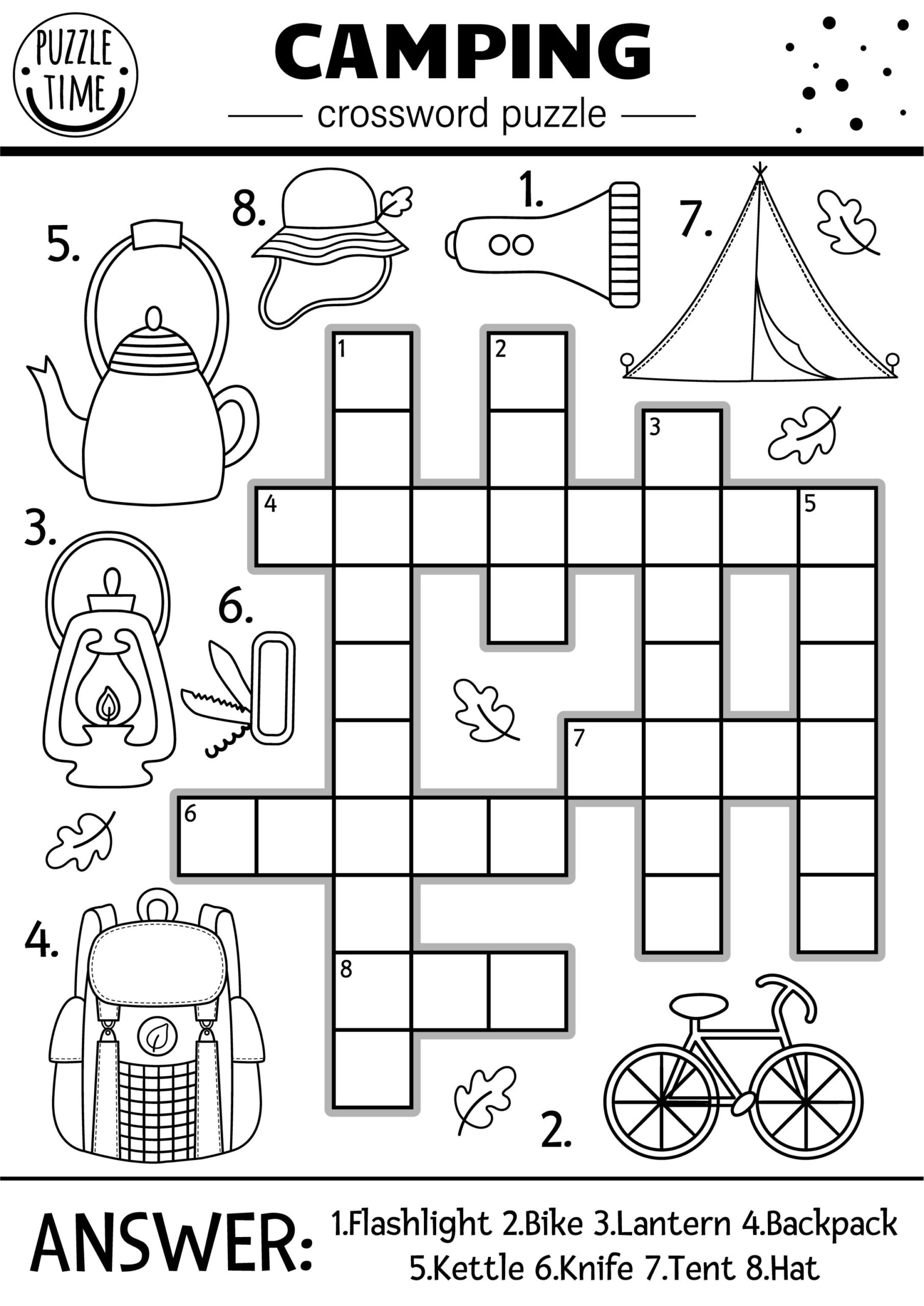
Kids Camping Crossword Puzzle
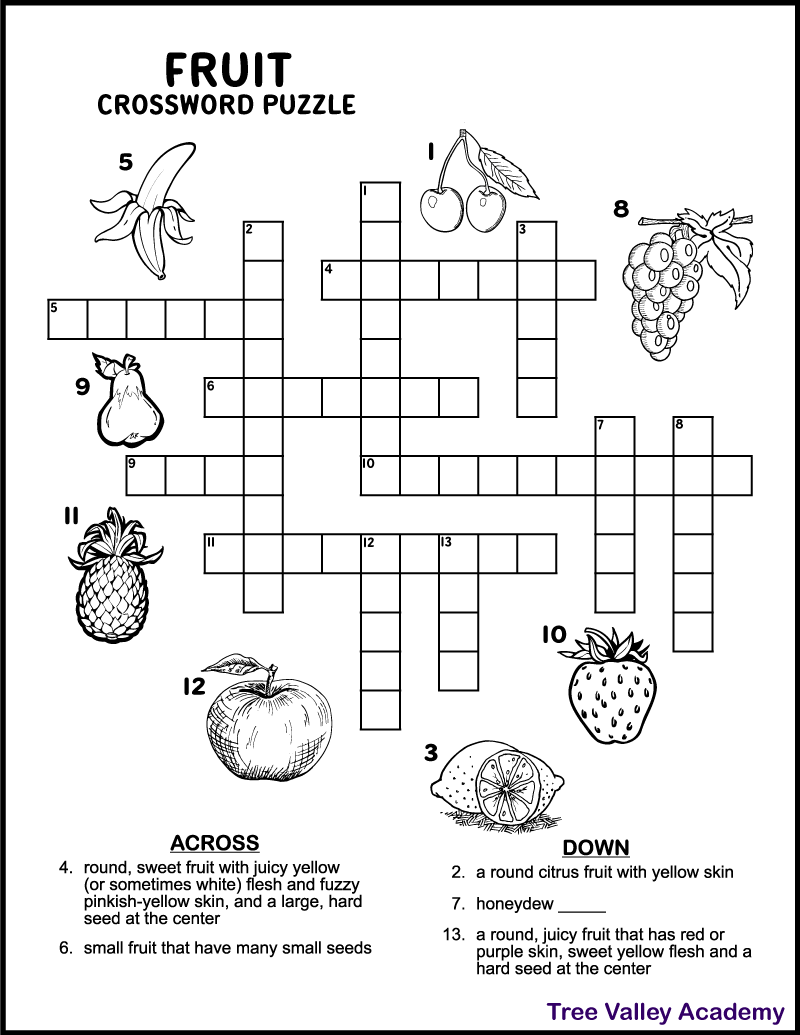
Regardless of your organization system, kids crossword puzzles printable offers customizable resources.
With easy-to-use files, it’s easy to stay in control every day.
Fruit Crossword Puzzle For Kids Tree Valley Academy
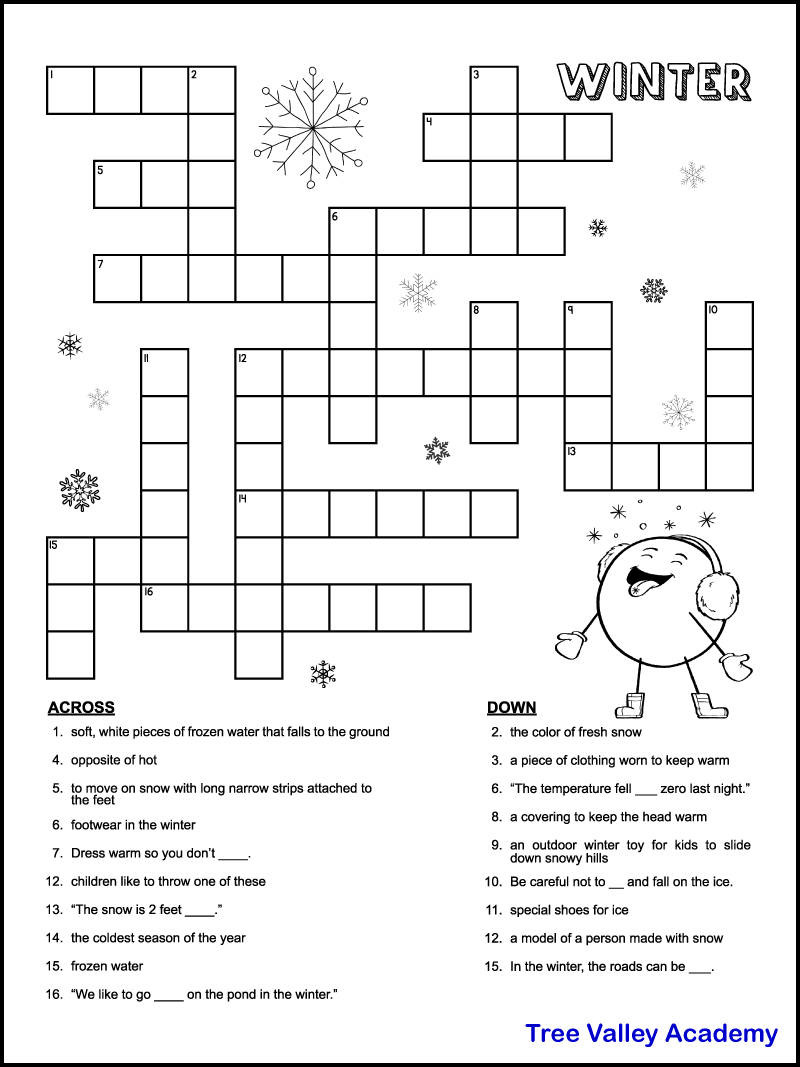
Printable Winter Crossword Puzzles For Kids Tree Valley Academy
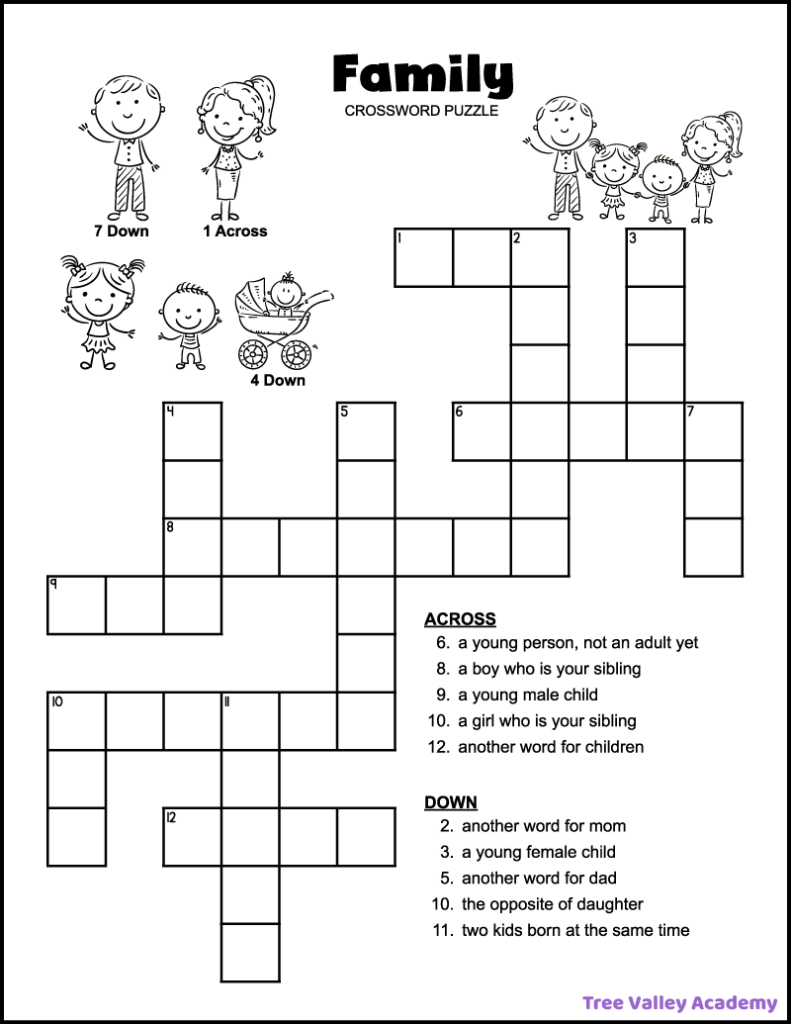
Easy Family Crossword Puzzle Tree Valley Academy
Make kids crossword puzzles printable part of your daily planning and enjoy creative organization.
Whether it’s for getting organized, kids crossword puzzles printable is your organizing ally. Your future self will thank you!
